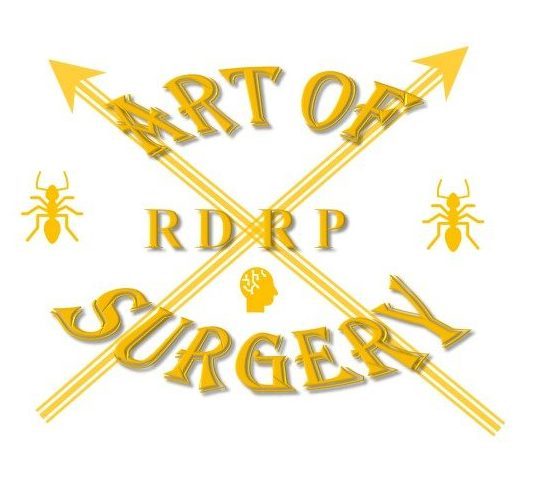Medical management of Obesity
Henry Buchwald (coined the term “metabolic surgery”): “Metabolic surgery is cognitive surgery”
What is medical management
- Dietary and physical activity (PA) modifications: reduce intake by 500-1000 kCal/day, increase activity to 60mins 5 days/week.
- The aim should be to lose 0.5-1kg/week until they lose 5-10% of weight
- If after 6 months, significant weight loss not achieved, can add obesity drugs.
Initiating medical treatment
- ASK
- permission to discuss weight, be non-judgemental
- ASSESS
- health conditions,
- measure BMI, waist circumference, waist-to-hip ratio,
- look for causes of weight loss and barriers to change
- ADVICE
- About risk of obesity
- Explain benefits of weight loss
- Explore treatment options
- AGREE
- On a realistic weight loss target
- On modality to use (and include a behavioural technique)
- ASSIST
- In identifying and addressing barriers
- Arrange a regular follow-up
- BMI >30 kg/m2 results in a reduction of 7 years of life for men and 6 years for women, compared to BMI<25
- Waist circumference <102cm in men and >88cm in women = increase in diabetes and CVR
- Therefore, if these are present, then treatment should be started. However, if diabetes, OSA or CVD are present then treatment should be started if BMI >27
Assessment of causes:
- Genetics: Onset before 5 years of age, short stature, hyperphagia, diarrhoea and strong family history: eg. Prader-Willi Syndrome; do NOT respond well to obesity surgery
- Eating disorders: eg. binge eating disorder (BED) and night-time eating syndrome (NES- morning anorexia, evening hyperphagia and insomnia)
- Medical conditions: hypothyroidism, hypogonadism and Cushing’s
- Treatment helps to reduce weight and cardiovascular risk
- Psychiatric disorders: obesity causes depression/low self-esteem/anxiety/self-harm
- Medications: can often be swapped to weight neutral/weight-loss promoting medications (includes anti-psychotics, antidepressarnts, anticonvulsants, diabetes – insulin, antihypertensives, OCPs)
Treatment
- Eating disorders:
- BED should be treated with CBT/interpersonal psychotherapy (IPT) and drug therapy. If they are particularly sweet bingers, results are likely to be poor post surgery. Otherwise evidence seems to be equal to non-bingers.
- NES is harder to treat. CBT and ITP can help. Sertraline reduces eating in the evening. There does seem to be benefit to these patients from bariatric surgery.
- Lifestyle modification:
- Aim is to lose 5% over 6 months, then another 5% over next 6 months. This results in physiological benefits (insulin sensitivity, BP, mortality etc)
- Weight loss is dependent on reducing total caloric intake. Good weight loss programmes can help. PA (daily activities for longer times) and exercise (repetitive, structured activities) should be increased, 30mins 3 days/week to 60mins 5 days/week
- Its essential for patients to record intake and activities to have a realistic reflection
- Weight loss drugs
- Used if lifestyle modifications not worked after 6 months
- Only ORLISTAT is licensed for use in USA and Europe
- Lorcaserin and phentermine/topiramate licensed in US only
- Unlicensed drugs are metformin, SSRI and topiramate are often tried in specialist clinics
- ORLISTAT
- Lipase inhibitor, blocks digestion of ~30% of dietary fats
- In trials, pts lose ~3kg more than controls at 3 months and 5% at 5months
- Lorcaserin
- 5-HT receptors, which cause serotonin release, reduce appetite
- Lorcaserin is a selective 5-HT2C (HT2A causes hallucinations, HT2B causes cardiovascular risk factors and pulmonary hypertension)
- Combination drugs are being developed as single drug outcomes are disappointing
Who to refer for Bariatric Surgery
- In the UK, NICE state surgery should be offered to those with BMI>35 or those with BMI>30 and associated co-morbidities.
- Decision should be made with psychosocial health, adherence, expectations and cost born in mind.
- Contraindications are
- high operative risk
- active substance abuse
- uncontrolled psychological disorder
- recent serious life-event (eg. death of family member)
- All patients should undergo assessment by multidisciplinary weight management team
- Co-morbidities should be optimised
- Patients should be screened for nutritional deficiencies
